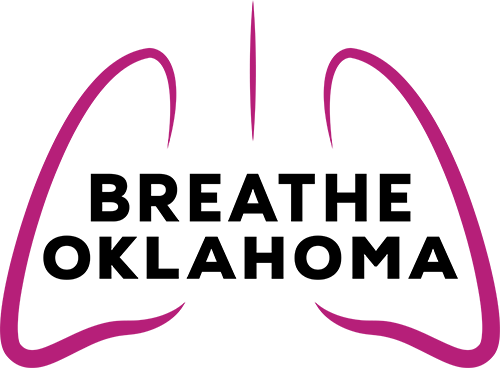How Can I Manage My COPD?
Living with chronic obstructive pulmonary disease (COPD) can be difficult, so it's important to know how to manage your symptoms to stay healthy. As you may know, COPD is a serious condition. According to the World Health Organization, it's the third-leading cause of death worldwide. With proper management techniques, you can live a full life despite having COPD. Here are a few ways to help manage this condition.
1. Create a Daily Plan
The first step in managing your COPD is to create a plan with your doctor that outlines your specific symptoms and daily activities. This plan will help you keep track of how often you need to take medications, what lifestyle changes are necessary, and what resources are available. It's also important to stay up-to-date on the latest treatments and medications so you can make informed decisions about your care. When you create a daily plan, make sure it remains flexible and open to future changes.
2. Get Regular Exercise
Taking part in regular exercise is an essential part of managing COPD. While it may seem difficult to find time for physical activity when living with a chronic condition, staying active will help you maintain your energy levels and overall health. Talk to your doctor about the best types of exercises for your condition, as some activities may be more beneficial than others.
Low-impact aerobic exercises such as walking, swimming, and cycling can be great ways to stay active. You can even try doing these activities for a few minutes at a time, gradually increasing the intensity and duration as your body adjusts. Additionally, deep-breathing exercises can help improve your lung function and reduce shortness of breath.
3. Avoid Respiratory Irritants
COPD can be aggravated by environmental factors, so it's important to avoid things that can irritate your airways. Try to limit your exposure to second-hand smoke, chemical fumes, and other airborne pollutants. If possible, try to stay indoors when the air quality is poor. Additionally, it's important to limit your intake of allergens such as dust and pet dander. Keeping the areas where you spend the most time clean and free of irritants can help reduce your symptoms.
4. Monitor Your Symptoms
Keeping track of your COPD symptoms is important for ensuring you get the proper treatment. Make sure to take notes each day about how you're feeling and other changes in your health. This will help you better understand your condition and make adjustments to your daily plan as needed.
5. Eat a Healthy Diet
Having COPD means it's even more important to pay attention to the food you eat. Eating a diet rich in fruits, vegetables, whole grains, and lean proteins can help improve your overall health and reduce symptoms of the disease. Additionally, limiting processed and fried foods can help keep your weight in check, which is essential for keeping your lungs healthy.
6. Quit Smoking
As you might imagine, smoking is one of the leading causes of COPD, and quitting can dramatically improve your health. Talk to your doctor about the best ways to quit, as quitting smoking can be difficult for many. Medications, counseling, and support groups can all help you on your journey to becoming smoke-free.
One of the most successful ways to quit smoking is to create a quitting plan, including setting a quit date. You can also keep track of your cravings and triggers, and reach out for help when needed. Quitting your smoking habit can help reduce your symptoms and lower your risk of serious complications.
7. Get Plenty of Rest
COPD can make it difficult to get enough rest, but it's important for your overall health. Try to go to bed and wake up at the same time each day, avoid caffeine in the late afternoon or evening, and keep electronics out of your bedroom. Additionally, try relaxation techniques such as deep breathing or meditation to help you relax and get better rest.
In addition to removing electronics, make your bedroom a comfortable environment. Invest in breathable sheets, a comfy mattress, and blackout curtains to help you get the best sleep possible. With proper planning and lifestyle adjustments, you can manage your illness and live an active life.
Managing COPD can be difficult, but with the right plan in place, you can still live fully. Talk to your doctor about creating the best plan for managing your disease and take steps each day to stay healthy. With the right approach, you can improve your quality of life and reduce your risk of complications. To learn more about living better with COPD, give us a call at Breathe Oklahoma today. We'd be happy to help!




Share On: